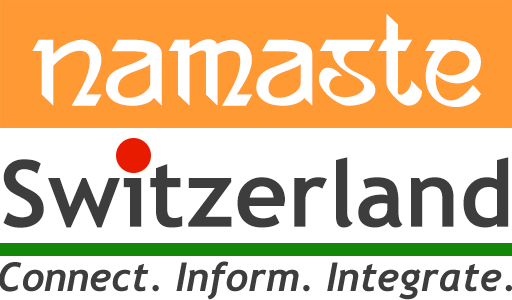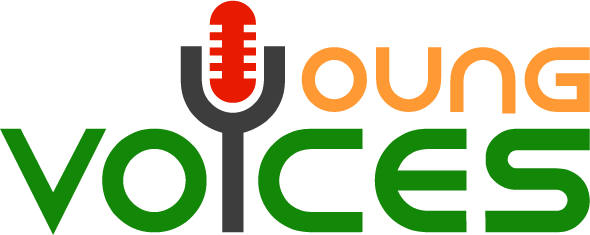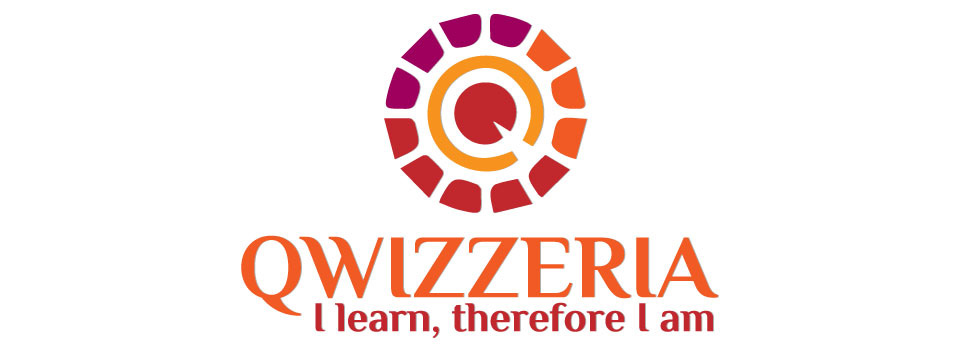Nutrition and hydration play a vital role in how our body reacts to and recovers from illnesses. Eating a varied diet with a range of nutrients is important to support the immune system. However, there is not a single food, nutrient, or supplement that can prevent us from being infected by COVID-19 or helps us recover faster. How can we get them naturally from everyday foods? What are the Indian food options for each of these vitamins? Saroja Allaparthi, our new health columnist, tells us more about these key vitamins that can support our immune system in the recovery process.
Our immune system needs certain key vitamins and nutrients to recover from post-viral fatigue. The best way to get these nutrients is through foods as our body absorbs them better this way rather than taking supplements.
Top 10 Vitamins to Support Immune System during Post Viral Fatigue
The immune system is the body’s defense against disease and infection, and a healthy, balanced diet with a variety of foods from the main food groups can help to keep it working properly. In addition to nutrients such as protein and omega-3 fats, a number of vitamins and minerals also play key roles in supporting our immune systems.

1. Vitamin A
Helps support T-cells, a type of white blood cell that helps identify virus, bacteria, fungi.
Food Sources: papaya, mango, green leafy vegetables, sweet potatoes, carrots, tomatoes.
The body can also make vitamin A from beta-carotene, found in dark green leafy vegetables (e.g. spinach) and orange-colored fruits and vegetables (e.g. carrots, sweet potato, butternut squash).
Tip: Eating one sweet potato can provide us with all the Vitamin A we need for the day.
2. Vitamin B6
Help produce new immune cells, metabolizes antibodies, and convert them into energy.
Food Sources: pistachios, sunflower seeds, sesame seeds, chickpeas (kabuli chana), kidney beans (rajma), bananas, soybeans, peanuts, urad dal, avocado, spinach, nuts (e.g. walnuts, cashews).
Tip: You can use nuts and seeds to top up fruit and yogurt. 20 gms of nuts a day can provide around 10% of our daily vitamin B6 requirement.
3. Vitamin B12
Helps to produce new immune cells
Food Sources: eggs, milk (also plant-based fortified milk like almond, oat, soy, coconut), yogurt, paneer, and fortified breakfast cereals (ensure its low sugar).
Tip: Eggs are a good vitamin B12 provider – 2 boiled eggs will provide all the vitamin B12 we need for the day.
4. Vitamin C
Helps immune cells attack bacteria and virus and helps clear away old immune cells from the site of infection. Also helps to maintain the skin, our external barrier to infection.
Food Sources: citrus fruits, kiwi, bell peppers, guava, broccoli, strawberries, amla / Indian gooseberry, cauliflower, tomatoes, grapefruit.
Tip: Serving a stir-fry with a portion of broccoli and a portion of red pepper will provide you with the required vitamin C for the day.
5. Vitamin D
Lack of Vitamin D is associated with reduced immune response. The best way to get Vitamin D is by sun exposure for 15-20 mins a day.
Food Sources: oily fish, eggs, some fortified breakfast cereals, some fortified dairy and dairy alternative products (check labels)
Tip: During autumn and winter, the sun is not strong enough for the body to produce vitamin D, so we should eat foods rich in vitamin D and take a daily supplement containing 10 micrograms of vitamin D during these months.
6. Copper
Copper has been found to support the production of red blood cells, the absorption of iron, the regulation of the heart rate and blood pressure, the immune system, connective tissue and bones, the brain and the heart, while also preventing inflammation and prostatitis.
Food Sources: pulses (e.g. beans, chickpeas, lentils), dried fruit, nuts, wholegrain breakfast cereals, whole-wheat pasta, quinoa, prawns.
Tip: Pulses are good sources of copper in our diet. Add them to soups, stews, and curries.
7. Iron
Helps maintain the health of immune cells. Especially important for women
Food Sources: millets, dried fruits and nuts, beans (chickpeas, green gram), poultry, leafy vegetables like spinach, seafood.
Tip: Combining vitamin C-rich foods with Iron-rich foods helps the body to absorb more iron. Add a squeeze of lemon to spinach dal.
8. Selenium
Helps produce new immune cells and can help to strengthen the response to infection.
Food Sources: nuts and seeds (particularly Brazil nuts, cashews, sunflower seeds), eggs, poultry, fish, shellfish.
Tip: Fish is a great selenium provider – we should be eating at least 2 portions of fish a week, 1 of which should be oily (e.g. salmon, sardines). If you are a vegetarian, try to add more nuts and seeds to your diet.
9. Folate
Helps produce new immune cells.
Food Sources: green vegetables (e.g. broccoli, cabbage, spinach), green peas, chickpeas, oranges, berries, cheese, wholemeal bread.
Tip: Frozen peas are a good source of folate. Add them to any curry or vegetable dish to improve your folate intake.
10. Zinc
Helps produce new immune cells that help to fight viruses and supports communication between immune cells.
Food Sources: ragi, jowar, bajra, chickpeas, walnuts, sesame seeds, dark chocolate, red meat, poultry, cheese, some shellfish (like crab and mussels), nuts and seeds (like pumpkin seeds, pine nuts).
Tip: Whole Grains are a source of zinc, you can try having Ragi roti instead of wheat flour chapati.
What to Eat in a day – Including Indian Meal Ideas

What to start your day with?
Warm water with some lemon juice and honey – you can also replace lemon juice with apple cider vinegar that comes with a substance called ‘mother’ (a cloudy substance that comes with unfiltered and unrefined vinegar).
Activities
Try some pranayama breathing techniques – inhale and exhale deeply using your nostrils.
Get your daily dose of Vitamin D (10-15mins) – note if you in self-isolation ensure you wear a mask and maintain distance from others.
Breakfast
Eggs on wholemeal toast with avocado, cooked oats, soaked overnight or granola with yogurt and fruit.
Indian: Poha, Upma or any staple breakfast but with a handful of vegetables in it.
Snack
Coconut water, some slices of watermelon, warm tea, some fruit whichever you prefer.
Lunch
Warm soups or semi-solid foods that agree with your appetite
Indian: Rasam or sambhar mild with plenty of vegetables and rice (cooked well), Rice and dal cooked with spinach, 1 tsp of ghee, cooked beans like chickpeas, etc, paneer dish. Try to eat slowly, chewing food well and in small portions.
Snack
Green tea, unsweetened energy drinks, hot chocolate, malt drinks like Horlicks.
Dinner
Soups mix veg, lentils, cooked grains, stews
Indian: Light like chapati or dosa with some side of mixed vegetable curry, dal
Before bed
Turmeric milk – boiled milk with a tsp of turmeric and pinch of black pepper.
Author Bio
Saroja Allaparthi is a Gut Health Homeopath LCHE. RSHom. and Diet and Nutritional Advisor. She specializes in helping health-conscious, busy working professionals who struggle with poor gut health, to incorporate individualized homoeopathy remedies, and nutrition changes in their hectic schedule, so they can restore their gut health and immunity naturally.
Website: https://www.guthealthhomeopath.com
Social Links
Youtube: https://www.youtube.com/c/GutHealthHomeopath
Instagram: https://www.instagram.com/gut_health_homeopath/
Facebook Page: https://www.facebook.com/GutHealthHomeopath
Disclaimer: Namaste Switzerland does not undertake any financial, reputational, legal, misrepresentational or other obligation or liability which may arise from the content of this article.












